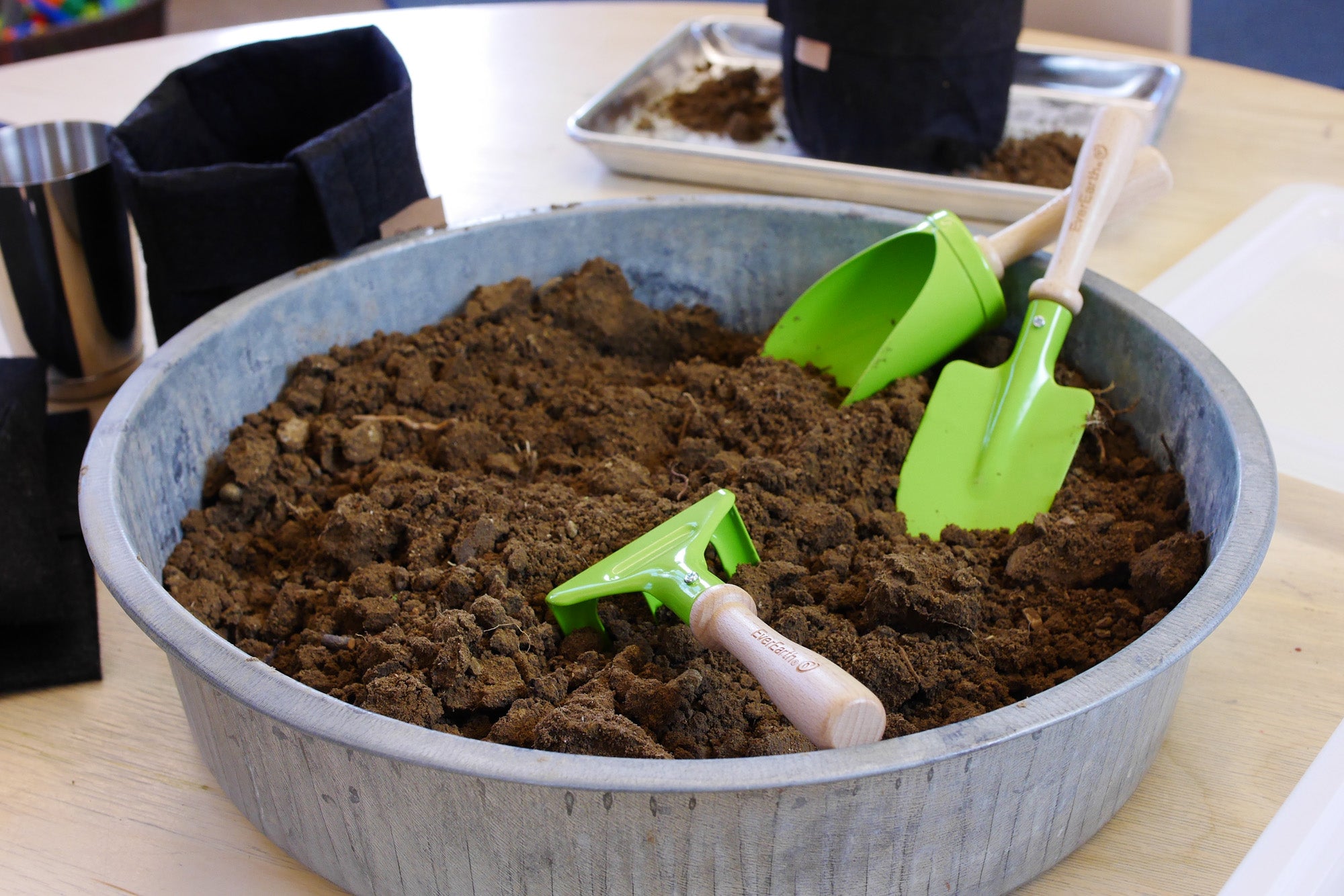There is a lot on the plate of educators. Your time is valuable. Your growth is valuable. Allow your brain the space to consider all of who you are by taking a moment to take stock of how you’ve grown and placing value into the ways you desire to grow. Consider your interactions, likes, dislikes, interests, goals, and hobbies in both a personal and professional capacity. Take note of the ways that you have fostered that growth in the past and the support that may be needed to rekindle or meet those areas of growth. One of the biggest challenges to support personal growth is time. It can seem like there is never enough time with competing demands. Let’s walk through the first steps of finding time for your own growth together. As we think about how we can utilize our time for growth it’s important to recognize a few truths about time. Time is neutral. It exists outside a moral code, meaning there is no assigning of bad or good to days that are filled to the brim with meetings or days that are filled with rest. Time has movement. As much fun as it might be to freeze or reverse time, the movement of time is forward bringing us to our last truth. Time is new. Each moment that passes brings a newness of emotions, connections, or experiences. As we hold the knowledge of time we can consider the varying ways we can access opportunities for growth. Growth can happen experientially. In this example, our time is serving a dual function in work and learning as we observe, assess, and reflect on direct experiences with others.
- Chats with Friends
- Reflective Supervision
- Reflective Journaling
- Daily Work/Life Experiences
- Therapy
- Webinars
- Online Courses
- Community Classes
- Formal Education through Universities and Colleges
- Professional Development
- Professional Learning Communities
- Socials
- Community Events


Share:
Finding Joy in New Faces
Supporting SEL During STEM